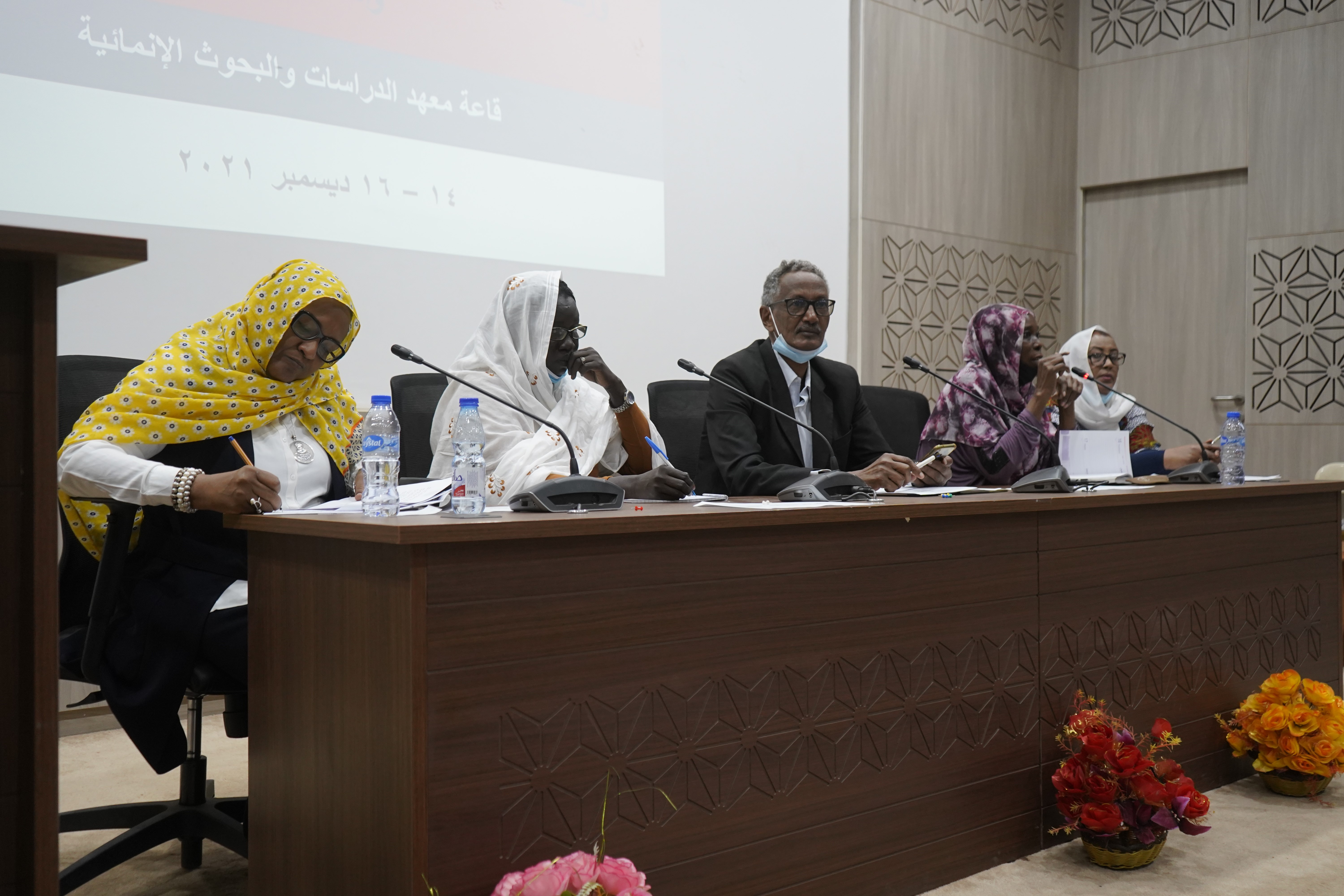
-
Established in 1976 as a public academic institute within the University of Khartoum, the Development Studies & Research Institute (DSRI) serves as a dynamic bridge between academia, government, and civil society. Our mandate is to foster inclusive and sustainable development by connecting state and non-state actors in a neutral, tolerant space that encourages dialogue, collaboration, and innovation. Through teaching, research, training, dialogue forums, and publications, DSRI addresses Sudan’s pressing socio-economic challenges and contributes to shaping development policies locally and beyond.
Our Vision
To be a leading academic institution in developing innovative frameworks, curricula, and strategies for sustainable community development, addressing economic, social, political, and cultural challenges while contributing to the mission of the University of Khartoum and the achievement of the Sustainable Development Goals.
Our Mission
DSRI is dedicated to influencing development policy-making through strategic formulation, execution, and evaluation. We enhance human capital by delivering interdisciplinary education, conducting impactful research, and providing policy-oriented training that empowers individuals and institutions to tackle complex development issues.
Our Objectives
- Promote and conduct interdisciplinary research in development studies.
- Offer rigorous diploma, M.Sc., and Ph.D. programs to cultivate highly skilled graduates capable of driving development in Sudan and internationally.
- Provide training and consultancy services to government bodies and civil society organizations.
- Facilitate national and international research collaborations.
- Advance gender studies and integrate gender perspectives into development policies.
- Act as a hub for documentation, information sharing, and knowledge dissemination.
Governance
The Development Studies & Research Institute (DSRI) operates under a structured governance system designed to ensure strategic leadership, operational efficiency, and institutional accountability. The governance framework supports DSRI’s mission of advancing research, policy development, and capacity building for sustainable development in Sudan.
Leadership & Management
DSRI is led by a Director, who provides overall strategic direction, represents the institute in national and international engagements, and oversees research and development programs. The Director is supported by:
- Heads of Units – Leading specialized research, training, and policy engagement programs.
- Registrar – Oversees academic affairs, logistical operations, and institutional coordination.
- Finance Controller – Manages financial planning, budgeting, and resource allocation to ensure financial accountability and sustainability.
Board of Directors
DSRI operates under the guidance of a Board of Directors, composed of senior academics, policymakers, and development professionals. The board plays a key role in:
- Setting the strategic direction of the institute.
- Ensuring alignment with national and international development priorities.
- Providing oversight on research, financial management, and institutional governance.
Organizational Structure
The institute is structured into specialized units, each focusing on key research and development priorities:
- Research & Consultancy Unit – Conducts evidence-based research and policy analysis, offering consultancy services to governmental and non-governmental organizations.
- Women, Gender, and Development Unit – Focuses on gender mainstreaming, women’s empowerment, and inclusive development.
- Capacity-Building & Training Unit – Designs and implements training programs for researchers, policymakers, and development practitioners.
- Documentation, Information and Publications Unit – Oversees the production of research reports, policy briefs, and academic publications. It includes DSRI library.
Accountability & Ethical Standards
DSRI upholds the highest standards of academic integrity, ethical research practices, and financial transparency. The institute operates under the governance policies of the University of Khartoum and adheres to national and international research regulations.
Decision-Making & Stakeholder Engagement
DSRI’s governance framework promotes participatory decision-making, ensuring that faculty members, researchers, and external stakeholders contribute to shaping the institute’s research agenda and institutional priorities. Regular consultations, advisory board meetings, and stakeholder forums facilitate transparency, innovation, and impact-driven research.
Through this governance model, DSRI remains a leading institution in policy-oriented research, academic excellence, and sustainable development in Sudan and beyond.

